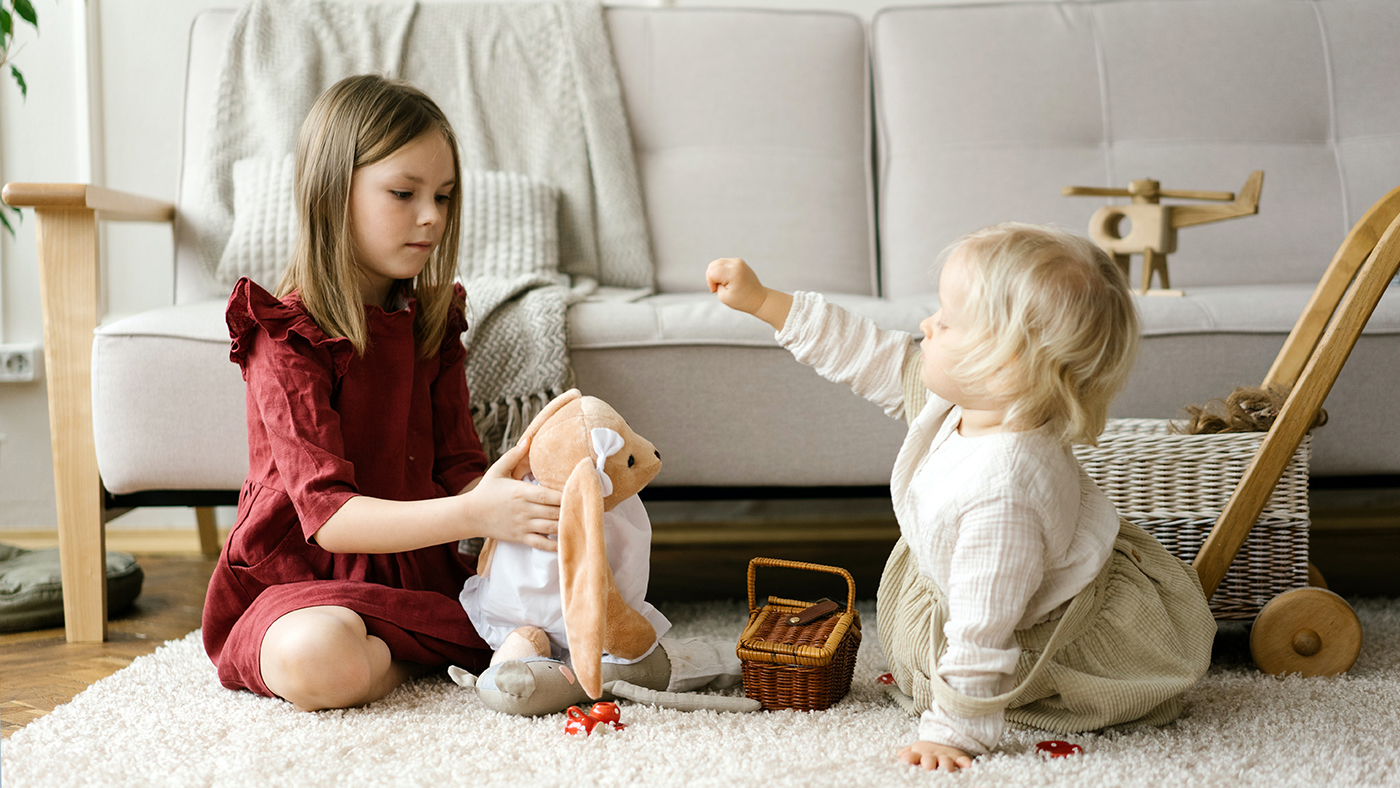Use 10-20 words including names

Your baby has been listening to lots of conversations and is now beginning to build up a vocabulary bank of their own. The words they are using will be words that they have heard frequently or will relate to familiar people, objects or phrases heard in everyday life. Your baby will be able to understand much more than they can say at this stage. When they first start to talk, their words may not always make sense to those unfamiliar to them, this is because they are still learning how to articulate different sounds.
The words might not always make sense
Babies are trying to interpret many forms of information when starting to talk. They usually learn how to vocalise single words via trial and error, attempting their hardest to pronounce them in the same way as adults. It is quite typical for babies to try to say words that convey meaning of something recognisable to them, i.e., a family member or favourite toy. They may miss off beginning or end sounds and say ‘og’ for dog, but you will begin to make sense of what they are trying to say. [1]
They may still be babbling along and producing a mix of protowords and words at this stage. It is also quite typical for your baby to use incorrect sounds in their words, and you may find your baby is using a particular sound in favour of the correct sound. For instance, cat might be ‘dat’ and puppy might be ‘duddy’. This is all perfectly fine for babies of this age. It is recommended that you praise their attempt and repeat back what your baby has said, using the correct sounds.
Words for life
When babies are learning how to speak and say new words, they need a lot of input from familiar adults. They will rely on adults to teach new words and help them work out what the words mean, this can be done by using actions or showing objects for reference. When you are playing and going about your daily routines, it is helpful for your baby if you chat along, telling them what you are doing. These early interactions will give your baby a wealth of opportunities to hear different words and eventually use the words themselves.
It is vital to support babies in learning lots of words at a young age since it is thought the number of words known at a young age reflects how well they will learn to read when they enter school. There are so many words for them to learn and babies rely on their memory to be able to make sense of the word and then use it in context. [2] The more times they hear a word, the more likely it is that they will understand what the word means and how to use it. It is also thought that babies learn better when they have lots of exposure to examples of the same item. For example, if they only see their cup, and they know it is a cup, they might not then understand that anything else can be a cup.
Early words are usually nouns, verbs, or adjectives. [1] Most of their words will link to family members, routines or objects that are familiar to them. For instance, your baby may say ‘uh, oh’ when something falls, or they may say ‘bye’ to people when they are going. Babies will use words that are real and ones that are made up, but still convey meaning. They are now building on their early protowords and they may still use the same sounds that were used when learning babble and protowords.
What next?
Your baby’s bank of words will grow and they will begin to fine-tune the words they are saying. Soon, your baby might start to put two words together and they may start to use words associated with actions.
References:
[1] Gotzke, C. & Sample Gosse, H. (2007). Parent Narrative: Language 13 - 24 Months. In L.M. Phillips (Ed.), Handbook of language and literacy development: A Roadmap from 0 - 60 Months. [online], pp. 1 - 8. London, ON: Canadian Language and Literacy Research Network. Available at: Handbook of language and literacy development
[2] Crystal, D. (2005) How Language Works. Penguin Books.